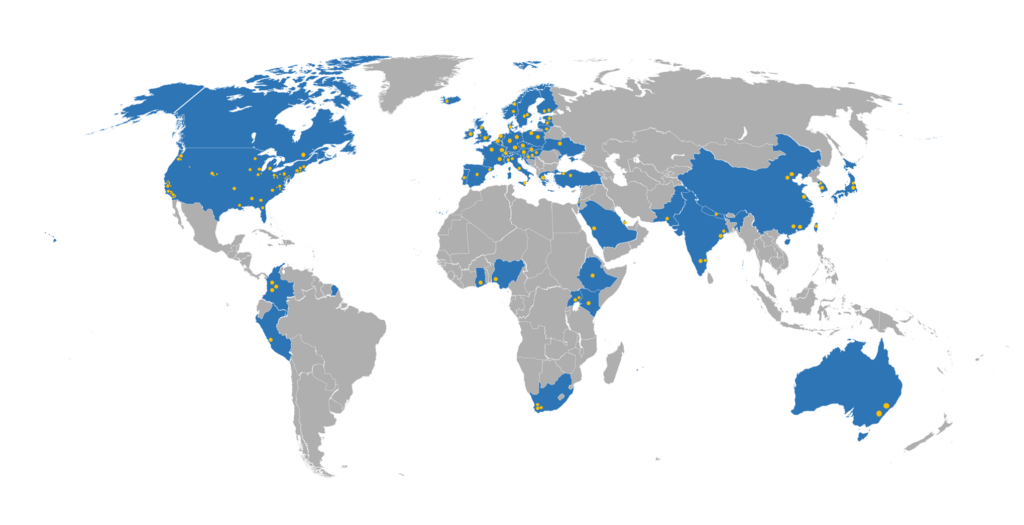
Nearly 400 participants, representing hundreds of institutions and consortia from around the world, came together for the 15th Berlin Open Access Conference (B15) to discuss the ongoing transition of the scholarly publishing system to open access. Co-hosted by the University of California and the Open Access 2020 Initiative of the Max Planck Digital Library/Max Planck Society, the online conference placed particular emphasis on negotiation processes with publishers.
In the two and a half years since the community came together at B14, negotiations of transformative agreements have advanced worldwide, demonstrating growing support for leveraging publisher agreements to accelerate the industry’s transition to open access.
Under the theme “Adapt and Advance”, B15 shed light on the ways negotiating teams around the world are adapting to the changing landscape of scholarly publishing, refining their principles and objectives, and setting new agreement benchmarks, while also acknowledging different local contexts and current financial realities, and the need for greater transparency and sustainability in these transitional frameworks. The many testimonies and lively discussions shared during the conference illustrated how the global community has now reached a new vantage point from which to better scope and grapple with these challenges, including global equity in scholarly publishing, the cost distribution of open access transformation, and transitioning high impact as well as society journals.
President Martin Stratmann of the Max Planck Society welcomed the conference cohort by highlighting how, “in Europe, transformative agreements between national licensing consortia and publishers have proven to be sustainable methods to transition,” further declaring B15 an “opportunity to discuss the changing landscape and the challenges that remain,” and underscoring the “need to learn from each other to generate greater leverage from our alignment.”
University of California President Michael V. Drake, M.D., emphasized the importance of global partnership to reduce barriers to research access.
“To ensure that critical research is made widely available around the world, we must work together,” Drake said. “That’s why I am heartened that delegates from six continents and nearly 50 countries gathered this week to discuss how we can advance science, and equity in science, collectively.”
Transformative agreements remain a powerful tool in ensuring the open dissemination of research and scholarship, with equitable access to read and to publish for all, an aim whose importance has been clearly highlighted by the global COVID-19 pandemic and the need for rapid dissemination of science globally.
The conference took place from 28 September to 1 October 2021. Further details, recordings and reports of the 15th Berlin Open Access Conference are available at: https://oa2020.org/b15-conference/.
Contacts
Jessica Nusbaum
UC Davis Library Director of Communications, for the UC Libraries
jlnusbaum@ucdavis.edu
Ralf Schimmer
Head of Information, Max Planck Digital Library, Max Planck Society
schimmer@mpdl.mpg.de
Tags: Open Access, UC Libraries



